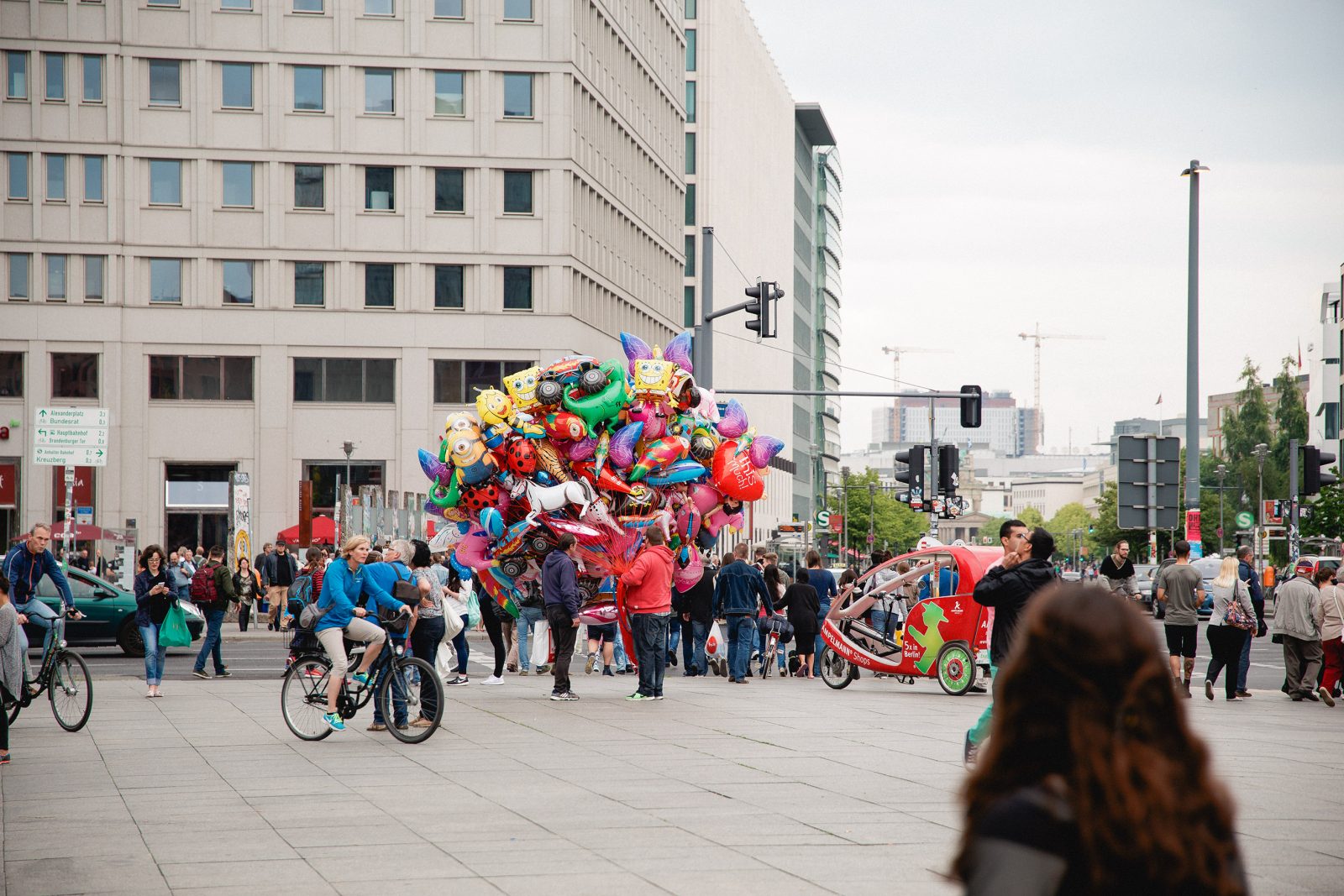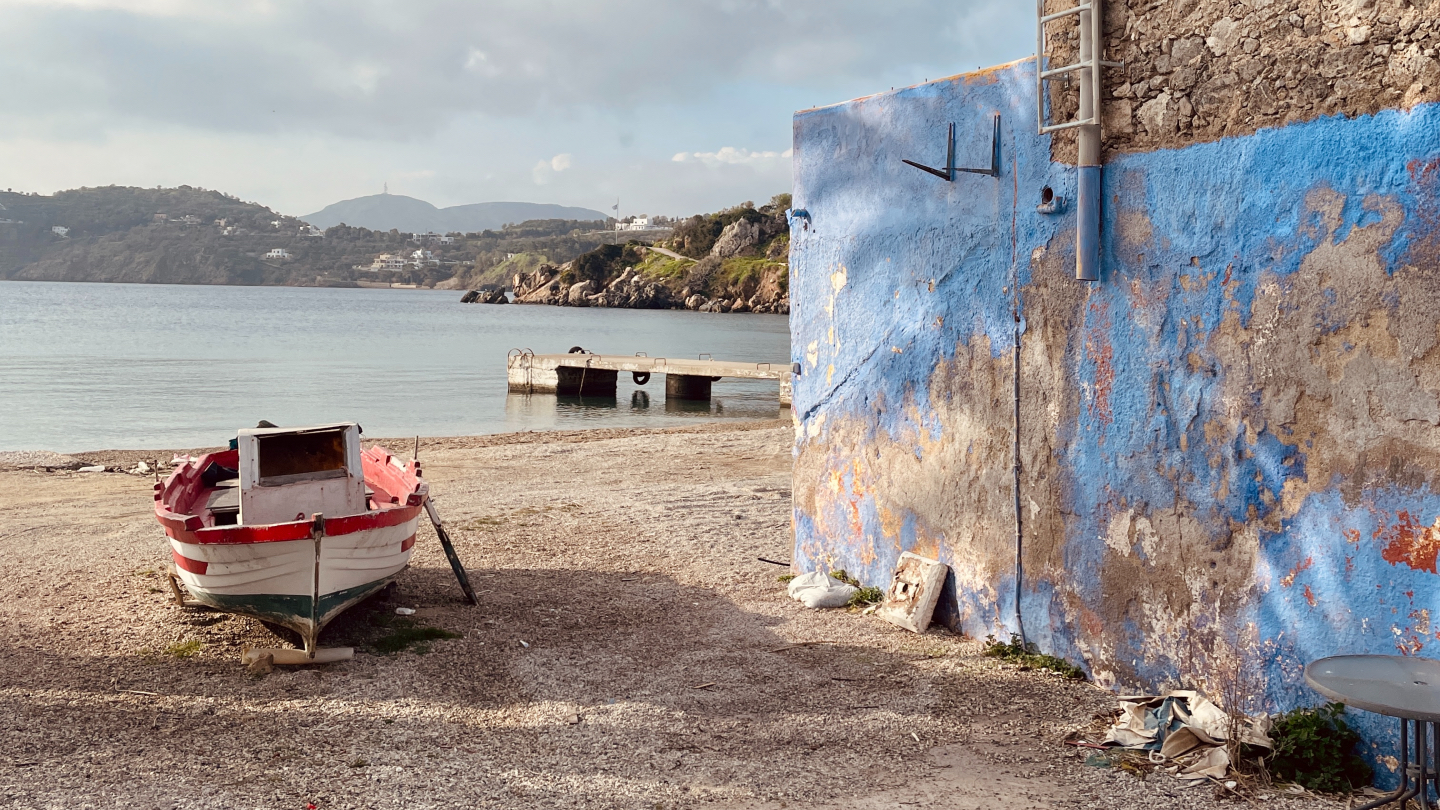
ISL - Forming interdisciplinary Island Communities of Practice operating for sustainable cultural tourism models
Abstract
Current pressing issues like the COVID-19 health crisis, climate change and overtourism have revealed the emerging need for tourism choices to be transformed into a new, more sustainable and resilient model. For the ISL project three European islands in Greece, Cyprus and Italy were chosen as case studies. Research shows local island community stakeholders still lack sufficient skills and knowledge on how to effectively plan a sustainable future for their islands.
The aim of the project is to foster cooperation on the islands both on an island level and transnationally, to provide innovative high quality participatory tools for islanders and to raise awareness for the local cultural heritage. The ISL project uses the terminology of “Island Communities of Practice” (ICoP) for the intended bottom-up initiatives withinthose island communities. On each island co-creative workshops with local stakeholders will take place.
The following three islands represent the case studies for the ISL project:
the island of Leros in Greece (a relatively small island in the Dodecanese Island group)
the city of Nicosia in Cyprus (located on a country-sized island)
the island of Sardinia in Italy (the second largest island in the Mediterranean)
In this project the Cocreation Foundation cooperates with three international project partners: Sineterismos Ergazomenon COMMONSPACE from Greece, Centre for Sustainable Peace and Democratic Development - SeeD from Cyprus and the Universita degli Studi di Cagliari from Italy.
Goal
The main goal of the project is forming “Island Communities of Practice” (ICoP) in order to offer opportunities to people with different backgrounds to participate in democratic life and have a say on the future touristic development of their island. By emphasizing cultural tourism practices and their sustainable nature, participants are given the possibility to get familiarized with local cultural identity, cultural awareness and local social and historical heritage. The participants are engaged in participatory practices and collaborative sessions among the partners to enhance team building and knowledge transfer.
The objectives of the project are, in short:
to build capacity of partners to collaborate transnationally and through participatory practices;
to provide innovative high quality participatory tools for islanders to support active European citizenship;
to raise awareness and activate local communities and responsible stakeholders in regard to their cultural identity, cultural awareness and their social and historical heritage;
to foster team and community building on island level to co-design and co-create visions for a more sustainable cultural tourism future for their island;
to support social and terrestrial cohesion of island communities at a local and trans-island/transnational level.
The expected outcome of the project are three case study analyses, three Island Communities of Practice, three ICoP Participation Plans, one ICoP Guide, three Stakeholder ecosystem maps, one internal training session, a minimum of 8 of trained staff on each island, six local island workshops, three workshop reports and 80 participants in an online joint dissemination event.
The project in regards to the objectives of Cocreation Foundation
In its article 2b, the Convention on the Value of Cultural Heritage for Society („Faro Convention“, 2005), highlights people and their active participation in processes as imperative to recognise the value of cultural heritage and its transmission to future generations. This is of critical importance for island communities. Although participatory practices are not something new in developmental plans, local island community stakeholders still lack sufficient skills and knowledge on how to effectively plan a sustainable future for their islands.
Over the past decade, there has been a shift towards more democratic and participatory decision-making practices. Among other institutions, the EU promotes and develops participatory practices by meaningfully involving relevant stakeholders in all phases of the policy cycle from the identification of the problem to policy evaluation and recognising the added value of such engagement. This participatory turn is based, on the one hand, on several international policies (e.g. The Faro Convention) and on the other hand on the various citizen and social groups’ consultation/participation methods developed in the last decades. Yet, the process has been greatly enhanced by the explosion of new technologies and social networking tools over the previous years. All these facts reveal that participatory practices are steadily penetrating in several sectors and in all nations as a powerful tool to resolve critical issues.This is also the understanding of Cocreation Foundation, which understands Cocreation as a cultural technique to tackle the global challenges of our time with a new code for a cocreative global governance.
Process
The one-year project is structured in four main parts/phases: Project Management and Quality Control, Pre-Workshop Phase, Island Workshops Phase and Dissemination.
Project Management and Quality Control: The project management is ensuring equilibrium in the partnership. Cocreation Foundation is allocating a project manager who is in charge of managing and reporting on the project’s activities; monitoring of costs and deadlines throughout the duration of the project and guiding and coordinating the work of all partner organisations being in communication with each project manager of each organisation.
Pre-Workshop Phase: The objectives of this phase are
to support the capacity building process of participating organisations to collaborate transnationally and through participatory practices;
to create a set of innovative high quality participatory tools for islanders to support active European citizenship and the formation of ICoP;
and to gather the necessary information on the current situation of the study cases regarding the sustainability status, the cultural and natural reserve and the stakeholder ecosystem that is active in the area and can be approached in order to form the expected ICoP for the benefit of the sustainable future of the islands.
Island Workshops Phase: This phase is the core activity of the ISL project and includes six workshops to be implemented in the three island regions.
The objectives of this activity are:
to foster co-creation and co-design of local cultural tourism policy directions of islands;
to raise awareness for the benefits co-creation processes could bring in the decision-making environment;
to establish a fruitful basis for the development of the ICoP and to inspire its members to continue working in a collaborative way.
Dissemination: This activity includes the creation of the communication and dissemination strategy and action plan that is tailor made in order to engage the target audiences and make the project widely visible and known.
The following formats and methods will be used during the project:
Co-creative internal training session for partners
Stakeholders analysis and mapping
Participation plans
Co-creative Island workshops
Island Communities of Practice
Press releases, Newsletters, social media posts
Online joint dissemination event
Team
Sonja Hörster, Project lead
Sonja Hörster is a landscape architect, founder of the Institute of Participatory Design IPG and professor for Communication & Participation at Weihenstephan-Triesdorf University of Applied Sciences. She dedicates her work to the development of new forms of design work through design-oriented participation. She brings over 28 years of professional experience in consulting, designing and implementing participation processes, spatial planning and monitoring of community development projects to the project. Her motivation is that landscapes and spaces in the region and in cities that emerge through co-creative processes become important places for sustainable development.
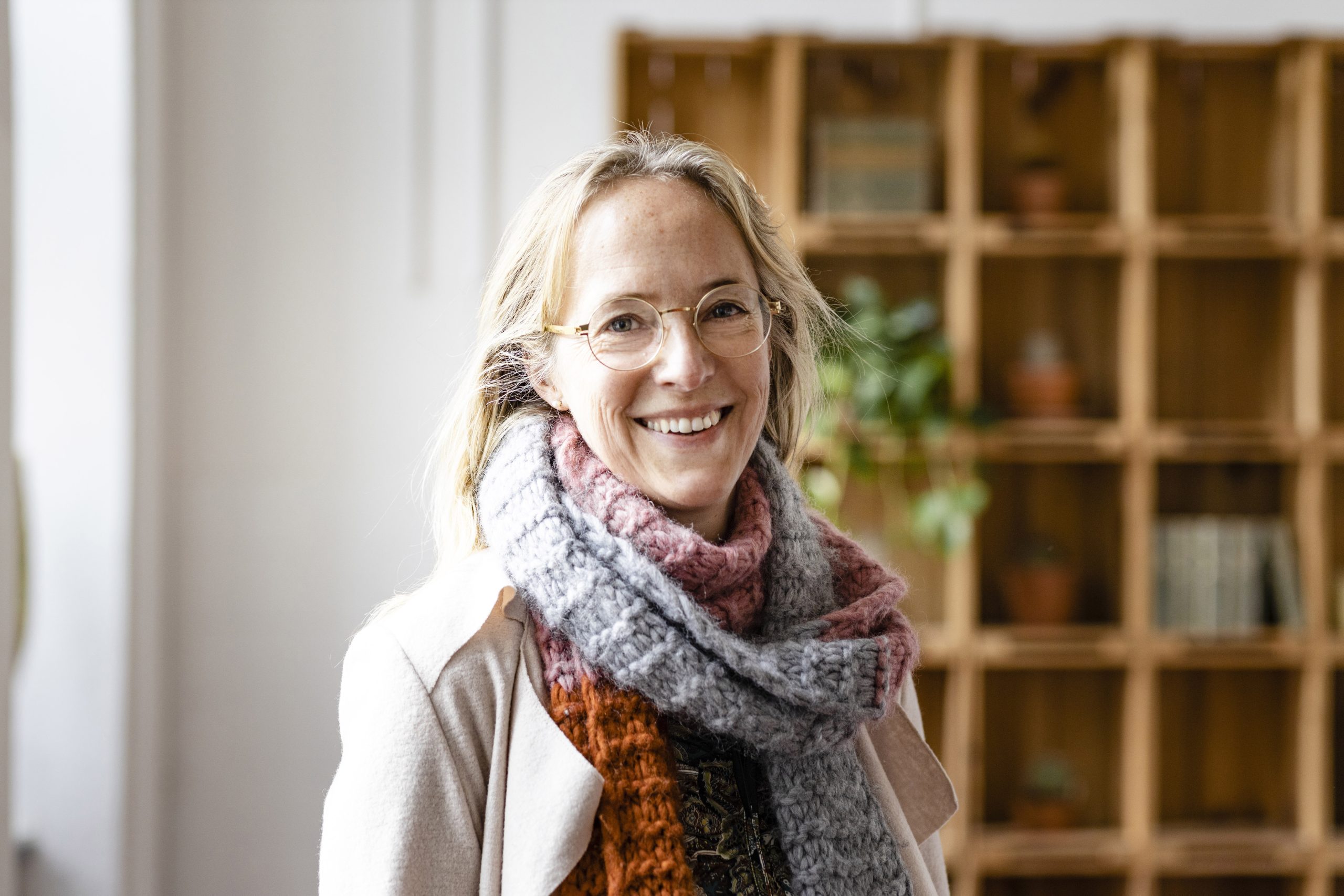
Kilian Flade, Co-Project lead
Kilian Flade studied Urban and Regional Planning (B.Sc and M.Sc.) at the Technical University of Berlin. Through his parallel qualification in Design Thinking, he then discovered the fascinating work at the intersection of urbanism and innovation. He spent two years researching the role of co-creation in urban planning as a research assistant in a practice-based interdisciplinary research project. He also worked freelance as a project manager, consultant and Design Thinking coach in participatory processes designed especially for ministries, educational institutions and the public sector. Currently he works at Cocreation Foundation in Berlin as consultant for participation processes.
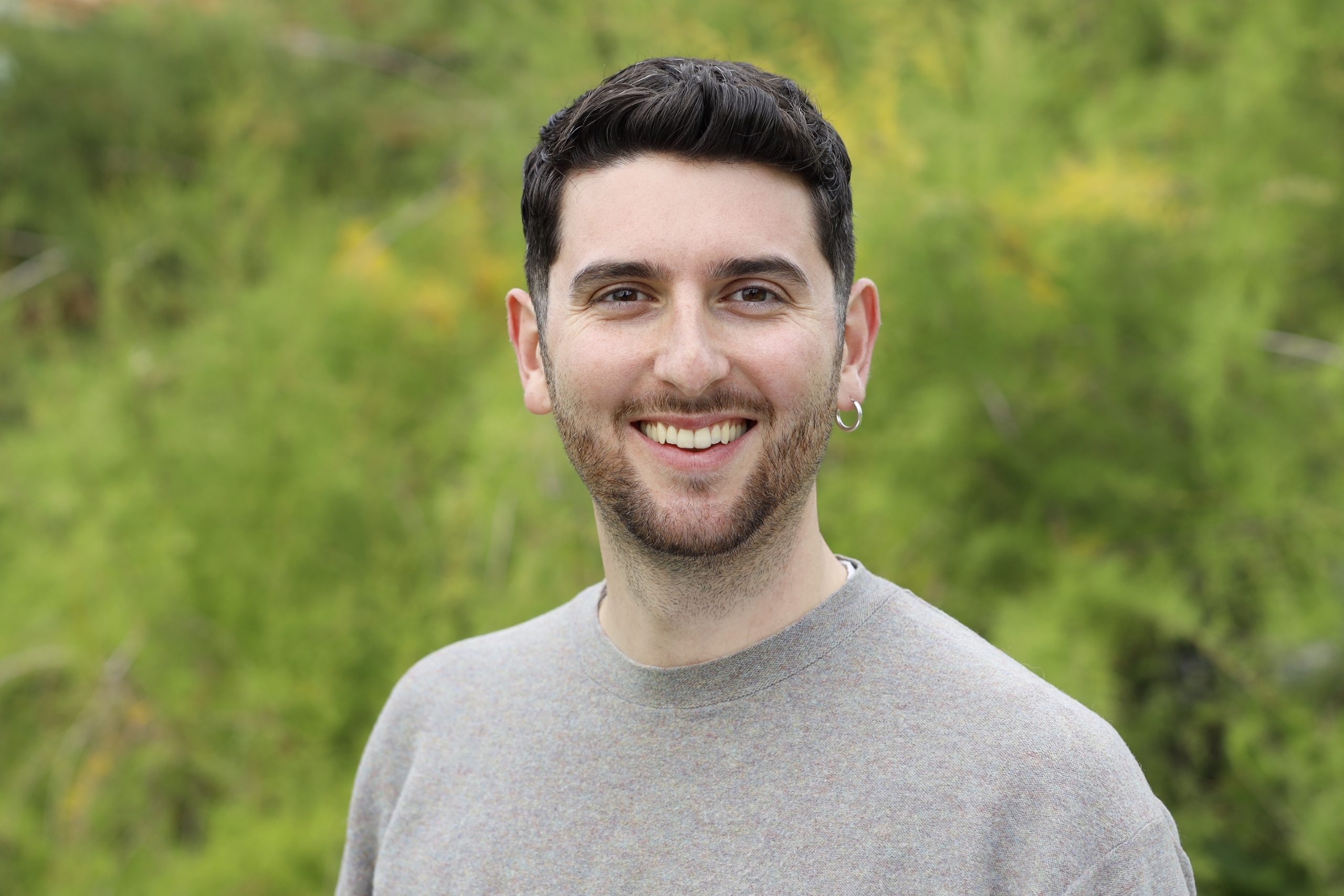
Partner organizations:
Sineterismos Ergazomenon COMMONSPACE (Greece)
COMMOSPACE provides high quality services in the fields of climate change adaptation, Urban and Environmental Design and Participatory Planning by applying innovative tools and processes. It is a link between citizens, social institutions, and public authorities, a hub for the exchange of knowledge, ideas and practices among citizens, experts and decision-makers. In 2020 COMMOSPACE established the initiative “participatory LAB: Laboratory of Spatial, Urban and Environmental Participatory Planning for Climate Change Adaptation”.

Centre for Sustainable Peace and Democratic Development - SeeD (Cyprus)
SeeD is a not-for-profit research driven peacebuilding organization. SeeD works with international development stakeholders to design and implement people-centered and evidence-based strategies for promoting peaceful, inclusive and resilient societies. Working in Europe, the Middle East, Africa and Asia, SeeD provides social transformation policy recommendations that are rooted in citizen engagement strategies. The work of SeeD contributes to the global debate on peace and development and their results help partners to promote the SDGs for building peaceful societies, improving constructive citizenship and civic belonging.
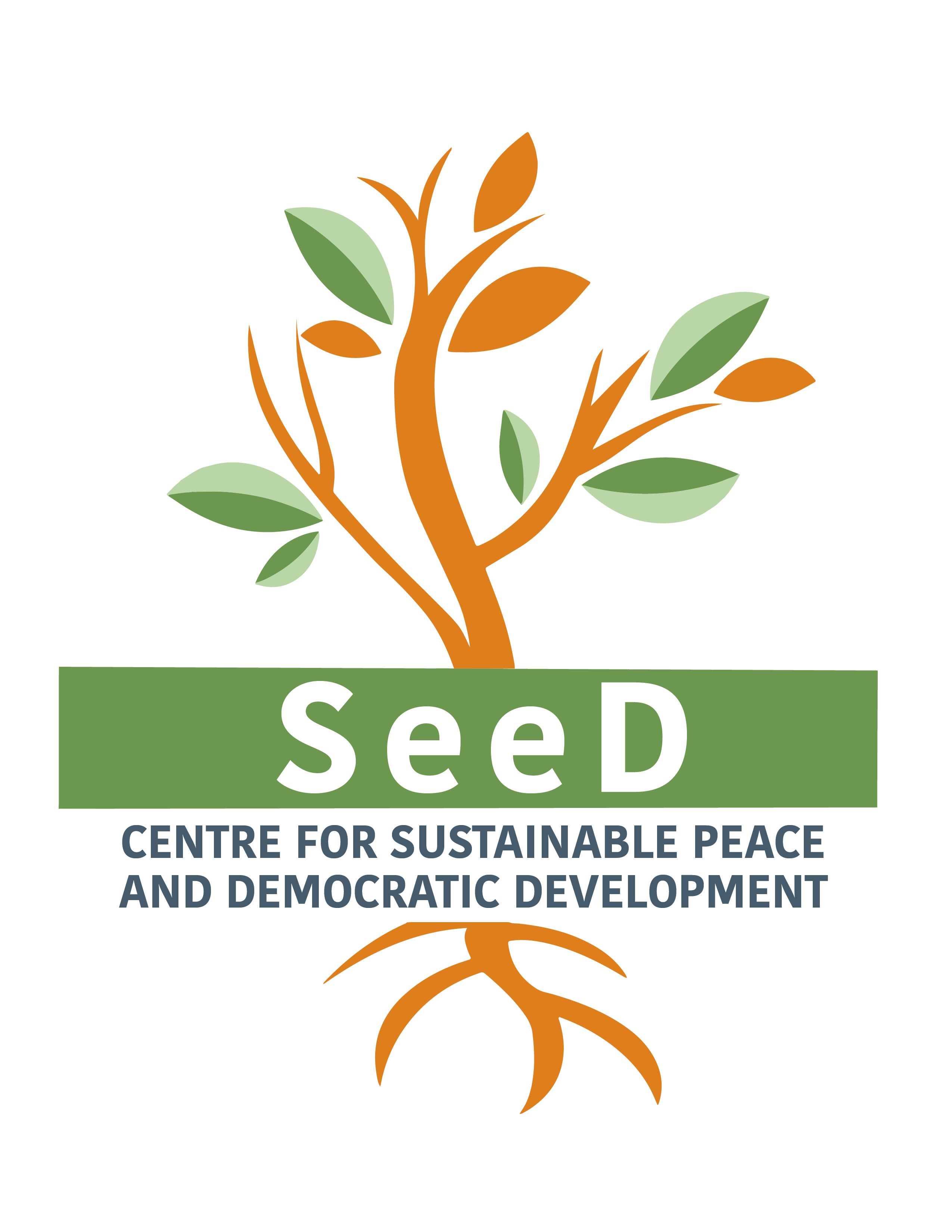
Universita degli Studi di Cagliari (Italy)
The University of Cagliari (UNICA), founded in 1620, is a public state University with about 25,000 students and over 1,900 teaching and technical administrative staff. It is located on the island of Sardinia (Italy), in the middle of the Mediterranean, and is one of its largest organizations. Given its geographic location, it has consolidated relationships and exchanges at both student and staff levels. It is a multidisciplinary HEI offering an interesting and complete education.
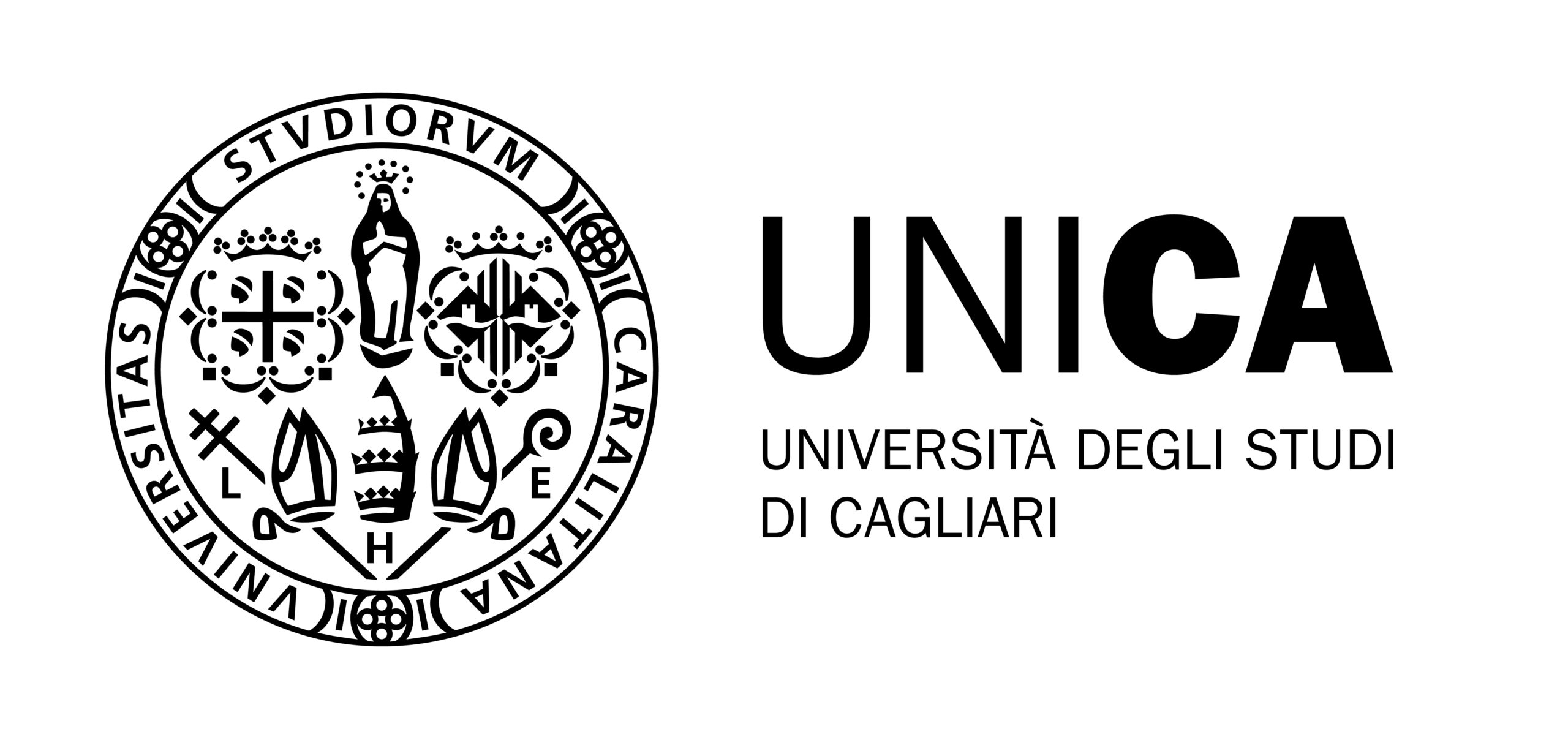
Project data:
Overall budget:
1: Project Management and Quality Control: 9.500,00 €
2: Pre-workshops phase: 23.500,00 €
3: Island Workshops: 19.500,00 €
4: Dissemination: 7.500,00 €
Total: 60.000,00 €
Portion for Cocreation Foundation of those 60.000,00 €: 23.500,00 €
Time span:
1 year (01/11/2022 – 31/10/2022)
Places of execution:
Berlin, Germany
Leros, Greece
Nicosia, Cyprus
Sardinia, Italy
Project website:
Contact:
Sonja Hörster (sonja.hoerster@cocreation-foundation.org)
Kilian Flade (kilian.flade@cocreation-foundation.org)
Disclaimer
Funded by the European Union. Views and opinions expressed are however those of the author(s) only and do not necessarily reflect those of the European Union or the European Education and Culture Executive Agency (EACEA). Neither the European Union nor EACEA can be held responsible for them.

